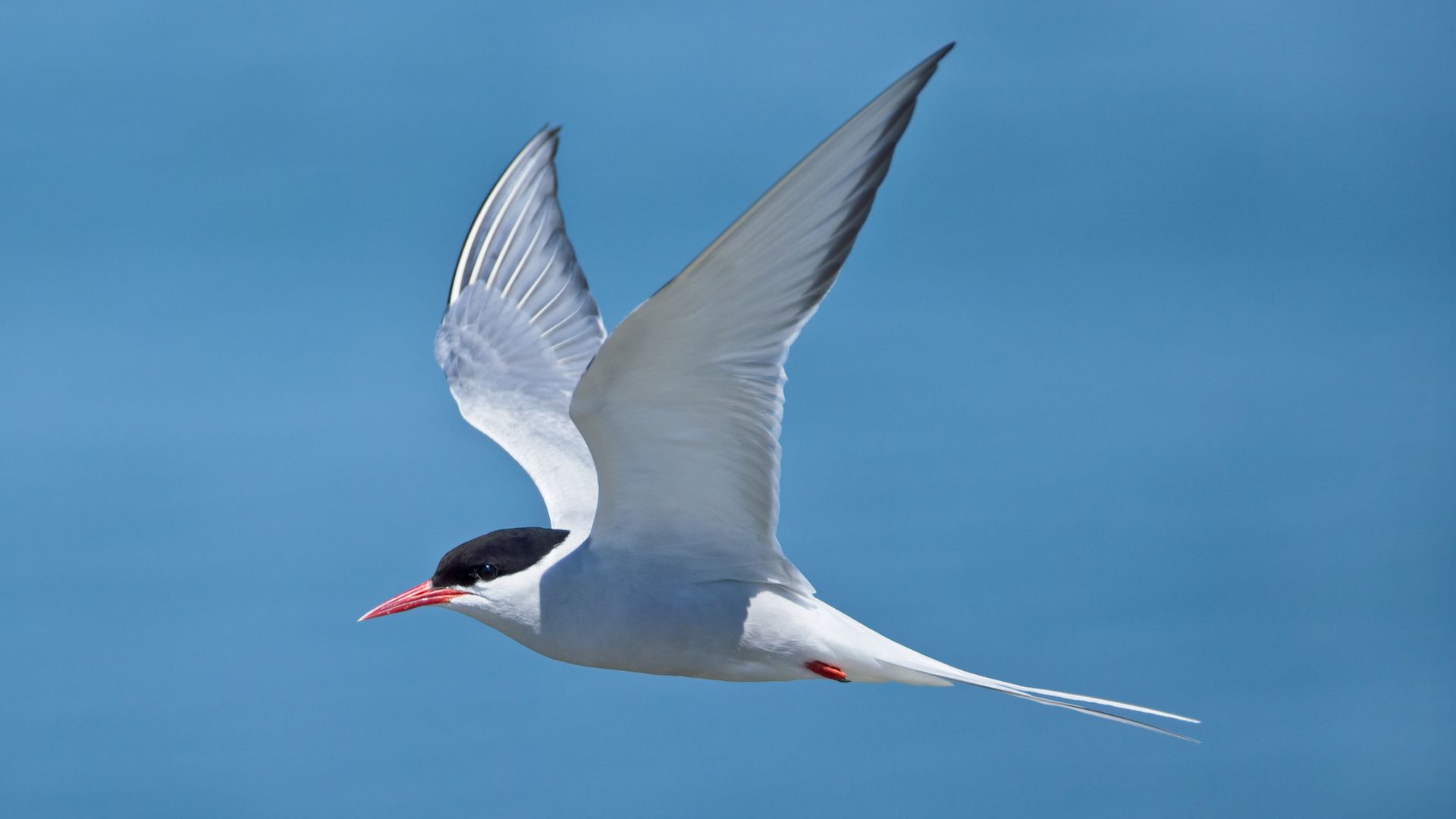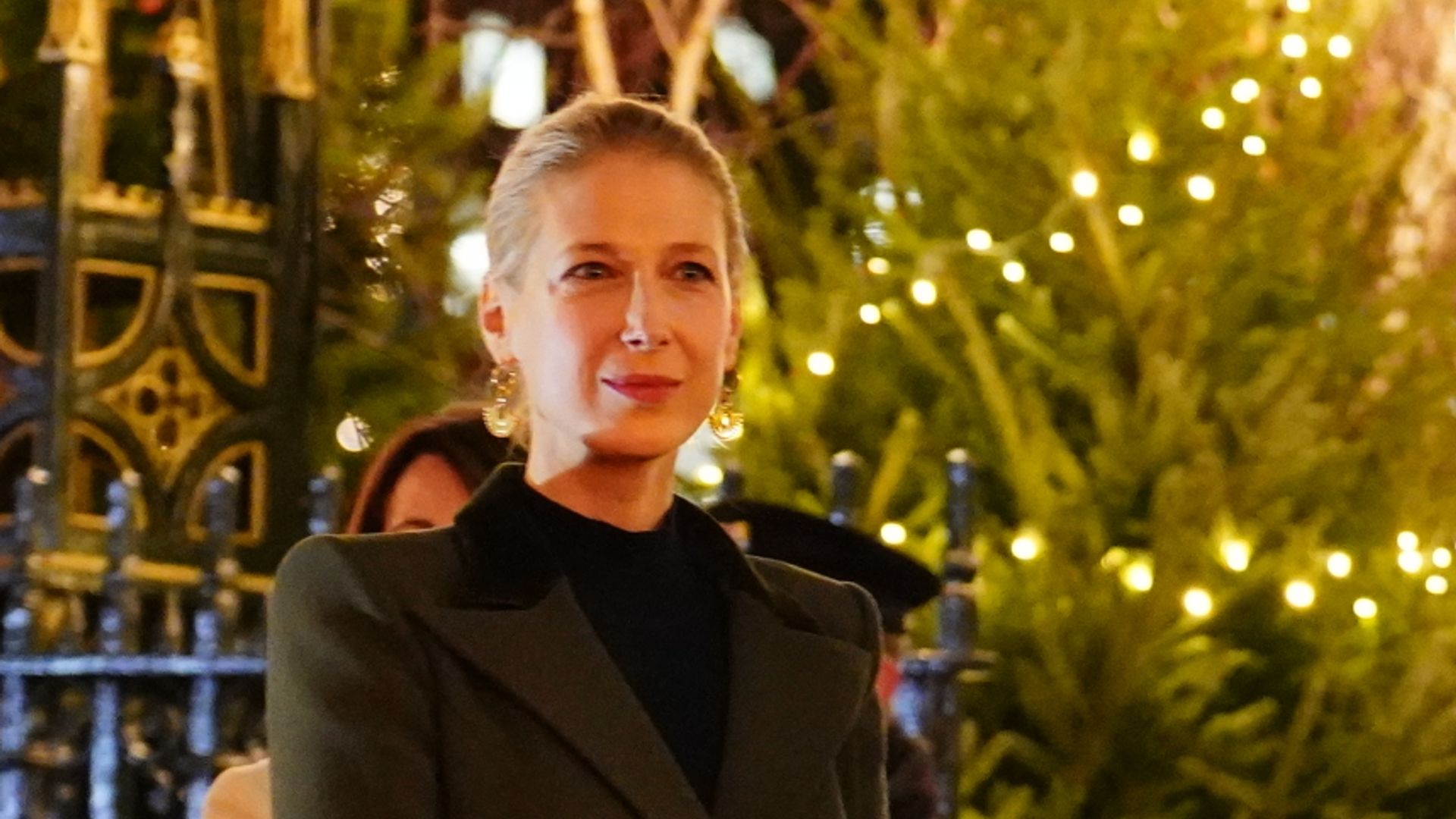Another five seabirds have been added to a list of Britain’s most threatened birds.
Leach’s storm petrel, the common gull, the great black-backed gull, the Arctic tern and the great skua have been included on a so-called “red list” by the Birds of Conservation Concern (BoCC) review.
It uses a traffic-light system giving birds a green, amber or red status indicating the level of risk to their survival.
The update, carried out by a coalition of the UK’s leading bird conservation organisations, follows the recent assessment of 28 seabird species.
They face a number of pressures including overfishing, avian flu, climate change, and offshore windfarms.
Colonies concentrated on small number of sites
“Many of these populations are long-lived, slow to reproduce, breed within colonies and are concentrated within a relatively small number of sites,” according to the BoCC’s latest report, published in the journal British Birds.
“The majority of our currently occurring seabirds – 18 out of 26 species (69%) – now have at least one population that qualifies as being threatened with extinction from Great Britain.”
The BoCC review now ranks 10 seabird species as red, 14 amber, and just two green.
Keep up with all the latest news from the UK and around the world by following Sky News
Five other seabirds already on red list
The other five seabirds which were already on the red list – and have not seen their status change – are the kittiwake, herring gull, roseate tern, Arctic skua and puffin.
Meanwhile, on the full list – including all birds not just seabirds – there are now 73 (30%) listed as red.
Read more on nature:
Hunters to be paid to kill extra deer
Mothers breastfeeding in front of endangered orangutan
Watch: Images competing for wildlife award
Katie-jo Luxton, global conservation director for the Royal Society for the Protection of Birds (RSPB), said: “This latest health check on our seabird populations reveals devastating declines in the overall status of the UK’s breeding seabirds.
“We need urgent action from our governments to address this dire situation to tackle the drivers of these declines and enable recovery.”
One type of bird now ranked green
On a more positive note, the European shag has moved from the red to amber list, while the black guillemot is now ranked green instead of amber.
Read more on Sky News:
Legal powers to fix fire safety crisis after Grenfell being ignored
Fresh yellow UK weather warning issued for heavy rain
Chancellor urged to impose ‘pay-per-mile’ scheme on electric cars
David Noble, principal ecologist at the British Trust for Ornithology (BTO), said: “Seabirds are an iconic part of nature along our coastlines, whether foraging on beaches and rocky shores, patrolling urban seafronts or breeding in spectacular colonies on cliffs.
Be the first to get Breaking News
Install the Sky News app for free
“The multiple pressures that they face from reductions in food sources caused by climate change and over-fishing, from invasive nest predators on islands and avian flu have resulted in some significant changes in numbers.”








